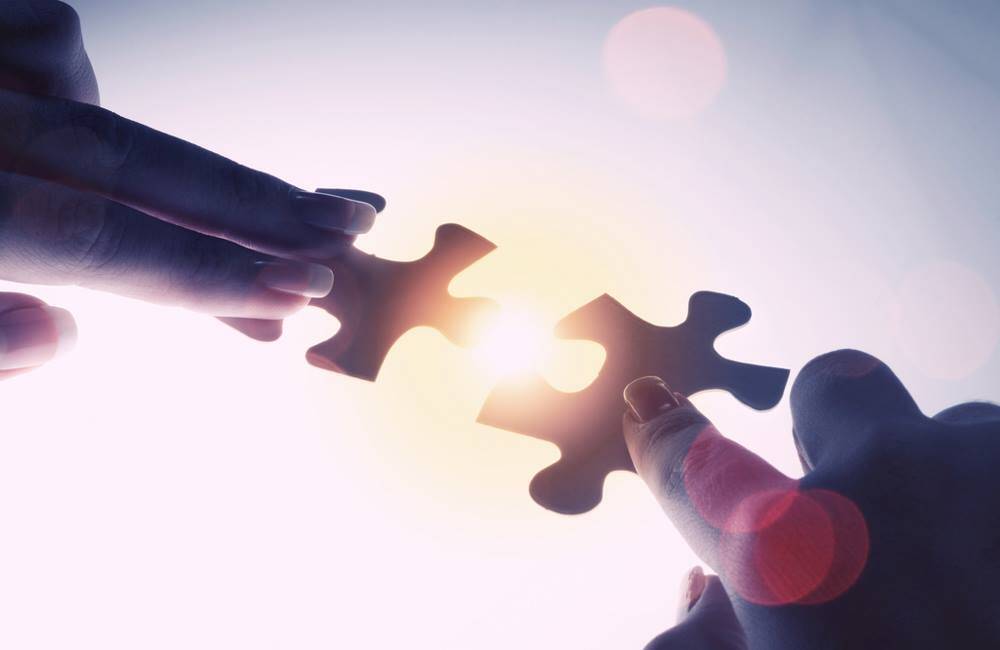Making Connections With Others Is Among Most Important Things in Life

To connect something or someone is to “bring together.” The result? Something real becomes established.
At Hope Grows, we do our best to connect caregivers to the support and resources that they need. We do this by raising awareness, encouraging appreciation and providing assistance along the journey of caregiving.
The Importance of Social Connection
Tom Ford, an American fashion designer, film director, screenwriter and film producer, said that “the most important things in life are the connections you make with others.” I happen to agree with him. Humans are social beings and as far back as history has been recorded, humans hunted, migrated and lived in communities with others.
There are many benefits to connecting socially. One of them is the impact it has on our mental health. Connecting with others can help with an overall feeling of self-worth and purpose. It can lower our stress, help us live longer and decrease our risk of isolation and depression.
Improving Mental Health Through Gardening
The Importance of Connecting to the Earth
“Connection doesn’t care about the laws of the land. Your soul will be pulled to the place it belongs,” says an Anonymous source. There is a reciprocal relationship that occurs from connecting to the earth and nature. Our soul reacts to natural environments and research tells us that our first reaction to a natural scene is psychological.
The emotional reaction that occurs from listening to a waterfall, walking on the beach or looking at a majestic mountain is, without a doubt, extraordinary.
There are other ways to connect to the Earth without having to take a trip somewhere. The technique is called earthing. Walking or standing barefoot on conductive surfaces of the Earth, such as the soil, grass, sand or concrete, allows your body to receive energy from the Earth, creating not only health benefits but a feeling of being grounded.
The Importance of Connecting to Support
“Human connections are deeply nurtured in the field of shared story,” said Jean Houston, an American author involved in the “human potential movement.” To connect to support, we need to connect to ourselves. Having an awareness of who we are can help us reach for support when needed.
I would imagine that most people think seeking support is a sign of weakness, but it is a sign of strength. Knowing yourself well enough that you understand when something is not working correctly and having the courage to share one’s story is a vulnerable, yet transforming, experience. By sharing, we begin to link, and by linking, we begin to connect, and by connecting, we begin to heal. The bottom line? “Make connecting with others a daily priority,” says John Maxwell, an American author, speaker and pastor. Connection is a hopeful process that can balance our lives and allow for joy to emerge.
